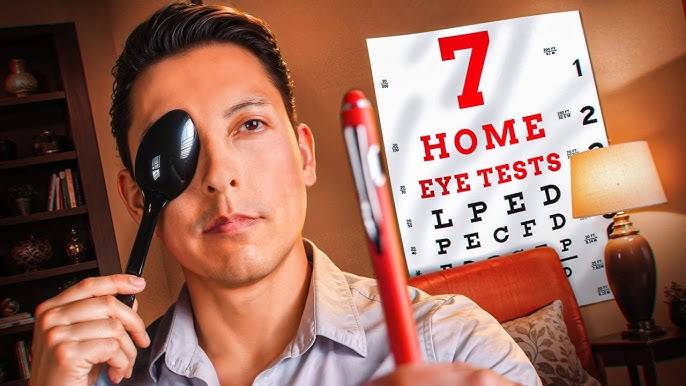Our perception of reality is not an exact representation of the objective truth but rather a combination of sensory inputs and the brain’s interpretation of these signals. This interpretation is influenced by past experiences and is often predictive, with the brain creating categories of similar instances to anticipate future events. The brain’s categorization process extends beyond physical characteristics to include abstract, functional features. This ability allows humans to create “social reality,” where we collectively assign functions or meanings to objects or concepts that don’t inherently possess them, such as the value of money or the concept of borders and citizenship. The brain’s capacity for imagination, drawing from past experiences to create something entirely new, is a double-edged sword. While it allows for creativity and innovation, it can also lead to difficulties in staying present.

Related article - Institute of Human Anatomy - How Caffeine Affects Exercise & Athletic Performance

Big Think - Lisa Feldman Barrett



